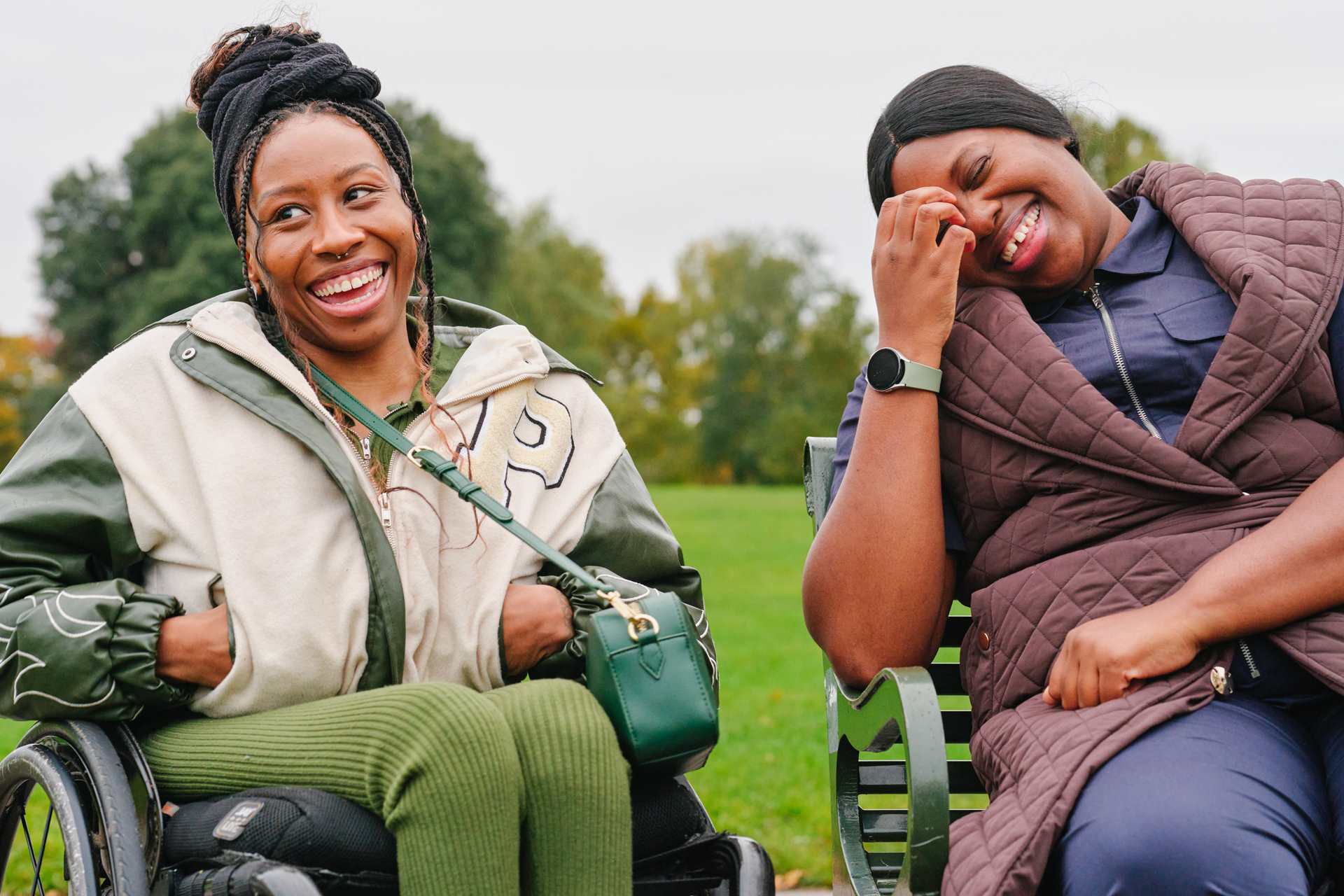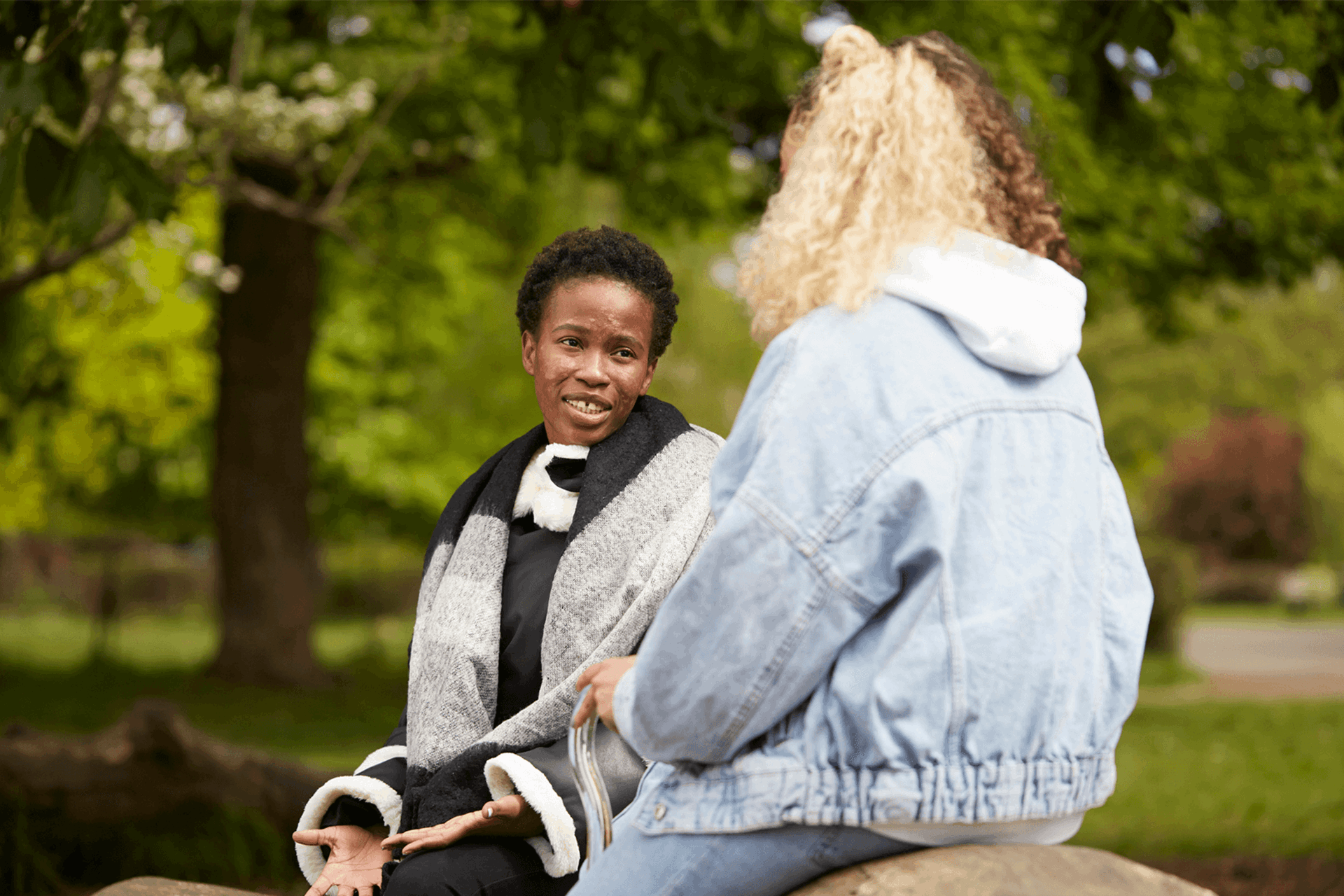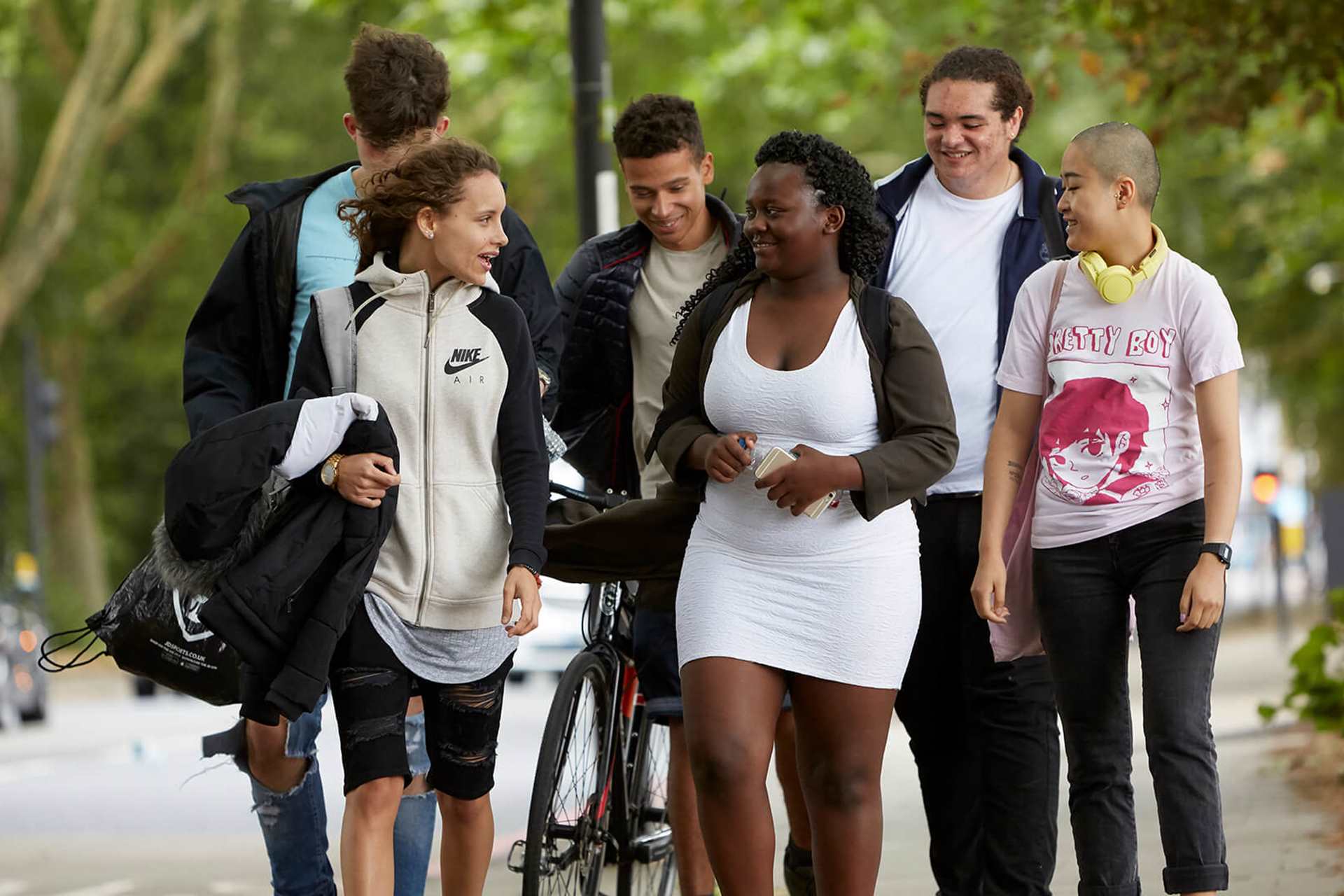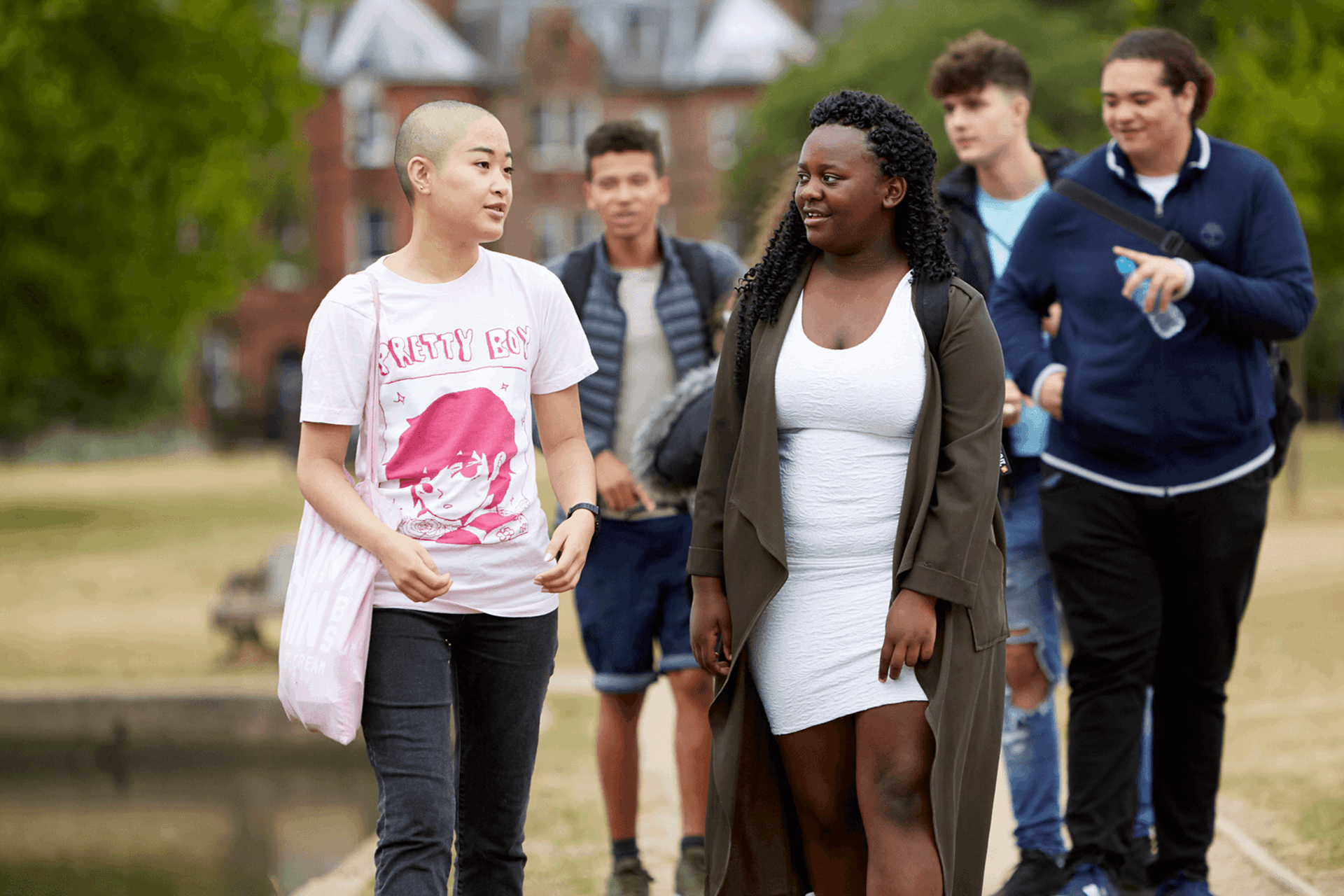Topics mentioned: looking after yourself at uni, self-care, anxiety, social media
About: Starting uni can be lonely and overwhelming, but you've got this. Our blogger shares their mental health tips for uni, settling in and coping with the transition.
When I arrived at university, so many of my friends and family had told me that I was entering ‘the best years of my life’. The feeling that you’re approaching the peak of your existence may be exciting for some, but it began to feel like more of a pressure when things weren’t perfect.
The reality of university life
Beginning uni is often labelled as wholeheartedly fun and exciting. In reality, I found it exhausting and overwhelming. For many it’s their first time away from home, which is a difficult acclimatisation that’s often underplayed. Home can have serious emotional attachments for people, so naturally, managing feelings of homesickness is often the first step to settling in.
At first, I tried to essentially ‘forget’ about my family and home friends as I threw myself into university life. This was really an attempt to avoid my difficult feelings of homesickness. However, eventually, I found that updating and communicating with family or old friends about the start of your university experience is a great way to process all the emotions you are experiencing. It also gave me a chance to reflect on the progress I’d made in settling into university life, which can often be forgotten during such an intense time.
In my first few weeks, I often felt fatigued and overwhelmed because I was eager to expose myself to as many new events and people as I could. But instead of genuinely wanting to be there, I felt I couldn’t miss out. It helps to acknowledge that these feelings are natural and understandable. Setting boundaries with other people and your own expectations of yourself allows you to also factor in time to prioritise self-care and relaxation.
I found the benefits were vast when I committed to achieving one valuable goal each day, whether that was attending a new society meeting or going for a walk.

Tips for looking after yourself in your first year at uni
My biggest takeaway from starting uni is that everyone’s response is vastly different. While some will seemingly thrive, go out and party constantly, and make loads of new friends, others will isolate themselves and hide away in their rooms. It’s crucial to remember that while everybody is adapting in different ways, the majority are experiencing similar emotions. They’re dealing with them in ways that feel most comfortable to them.
Here are my best tips for looking after yourself.
Try to embrace your own way and pace of getting used to new surroundings. Enjoy self-care habits that you used at homr, whether that’s watching a comforting TV series or doing your familiar workout.
Social media is an integral part of our lives. It’s easy to compare your internal experience with other’s idealised and edited versions of beginning university. But try not to compare yourself to others based on assumptions you’ve made from social media. These are often dissimilar to their lived experience and how they really feel. Instead, focus on managing the uncertain feelings surrounding your own experience, and supporting yourself and your mental health.
It really helps to put healthy habits and practices in place during the first few weeks at uni. For me, the clearest difference between college and university was the distinct lack of structure at university. Ensuring that I managed and utilised my newfound time positively was key for me in boosting my mental health.
I found the benefits were vast when I committed to achieving one valuable goal each day, whether that was attending a new society meeting or going for a walk. Using this method gives you structure and prevents you from lounging around in bed all day! It’s important to stay active when you’re digesting a multitude of emotions, as this can help you process your feelings instead of ruminating on negative thoughts.
Having spoken to my friends about their experiences of starting university, a common concern that cropped up was whether they’d chosen the right place for them. Choosing where to go for university can be a difficult process, and with so many options to choose from and our human tendency to imagine alternative lives we ‘could’ have led, it’s easy to see how this anxiety might come about.
This anxiety certainly consumed me for the first term. I compared myself to my home friends who were seemingly having a brilliant time at their various universities. The key for me was recognising that there is no right answer. Through speaking to my support network and adopting positive self-talk, I was able to trust the decision I had made. I began to recognise that the desire to be somewhere that you aren’t wasn’t particular to my situation, but is a common thought for many people across a variety of situations, not just university. This realisation allowed me to accept my decision and begin to embrace the university and lifestyle that I had chosen, instead of being concerned about one that I hadn’t.
If university isn’t for you, that’s okay
It’s important to note that while those who stay and adapt to university life should be really proud, it's also absolutely okay to feel you are not in the right place or not enjoying it. A surprising number of people I met, some who were clearly not enjoying university and some who seemed very happy, subsequently dropped out. They chose to either start again at a different university, or even realised that uni wasn’t for them at all. Your journey will be different to everyone else’s and we should all try to take pride in our own paths, whatever they look like.
Settle in at your own pace
My experience of starting university for the first time has shown me that transitions can be extremely overwhelming. Especially when beginning university, we tend to compare our lived experience and vulnerability to people’s idealised images. This can fuel anxiety about the progress or pace of our acclimatisation.
So, if you're either thinking about university or about to join, I recommend accepting your unique adaptation period, whatever that looks like and however long it takes.
Your journey will be different to everyone else’s and we should all try to take pride in our own paths, whatever they look like.
More information and advice
We have tips and advice to help you find the support you need. Take a look at our guides.
Where to get help
However you're feeling, there are people who can help you if you are struggling. Here are some services that can support you.
-
Samaritans
Whatever you're going through, you can contact the Samaritans for support. N.B. This is a listening service and does not offer advice or intervention.
- Opening times:
- 24/7
-
CALM (Campaign Against Living Miserably)
Provides support to anyone aged 16+ who is feeling down and needs to talk or find information.
Free webchat service available.
Read information about the helpline and how it works.
- Opening times:
- 5pm - midnight, 365 days a year
-
Youth Access
Provides information about local counselling and advice services for young people aged 11-25.
Put in your location and what you need help with into their 'Find help' search, and see what services are available in your area.









